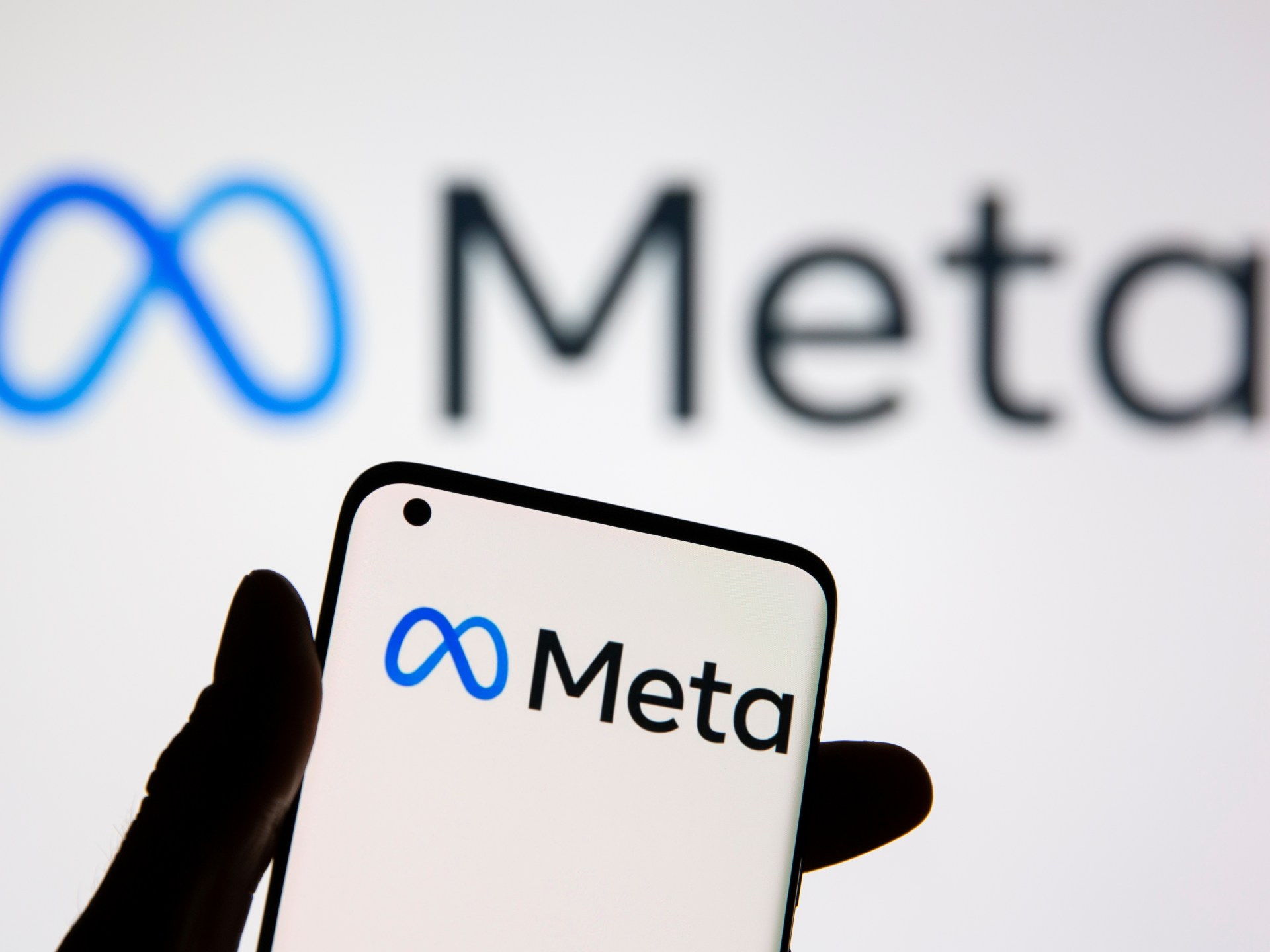Mandatory ‘pay or consent’ advertising model violates Digital Markets Act, says Brussels.
The European Commission (EC) has charged Meta with breaching the EU’s Digital Markets Act (DMA) via its new “pay or consent” advertising model.
The charge announced on Monday follows the tech giant’s launch of the no-ads subscription service for Facebook and Instagram in Europe last November. The move is the European Union executive’s latest against Big Tech since the DMA came into force earlier this year.
Meta offers users a choice between being targeted by ads based on their personal data or paying to avoid them. The system was rolled out after the EU ruled that Meta must get consent before showing ads to users – a decision that threatened its business model of tailoring ads based on individual users’ online interests and digital activity.
However, the EC said that this binary choice does not give users the option to “freely consent” to the combination of their personal data from various Meta-operated sites.
It also found in a preliminary investigation that Meta fails to provide them a less personalised but equivalent version of the social networks.
“We want to empower citizens to be able to take control over their own data and choose a less personalised ads experience,” EU antitrust chief Margrethe Vestager said in a statement.
DMA violations could result in a fine of as much as 10 percent of a company’s global annual turnover.
“Subscription for no ads follows the direction of the highest court in Europe and complies with the DMA,” Meta said in a statement. “We look forward to further constructive dialogue with the European Commission to bring this investigation to a close.”
The Commission has until March next year to wrap up its investigation. Privacy activists and privacy watchdogs have also taken issue with Meta’s advertising model.
Series of probes
The charge against Meta is the latest in a series of EC actions targeting Big Tech, a trend that has accelerated since the DMA came into force in March.
The move against the Facebook operator comes a week after the EU watchdog issued its first DMA charge against Apple, claiming that Apple’s App Store rules breach the rules by preventing app developers from steering consumers to alternative offers.
In May, the EC launched an investigation against Meta over Facebook and Instagram child safety, alleging potential breaches of online content rules relating to child safety on its platforms.
Meta was also forced to add safety features to its misinformation tracking tool CrowdTangle for use during June’s European Parliament elections, in an attempt to allay EU concerns that triggered an investigation in April into the impact of Meta’s decision to phase out the tool.
In September 2023, the EU named 22 so-called “gatekeeper” services run by Alphabet, Amazon, Apple, Meta, Microsoft and TikTok-owner ByteDance, giving them six months to comply with the DMA provisions.
Meta and TikTok appealed against the gatekeeper status in November. TikTok lost that bid in February.
Apple said in April that it would continue to engage with the EC to comply with the rules.

